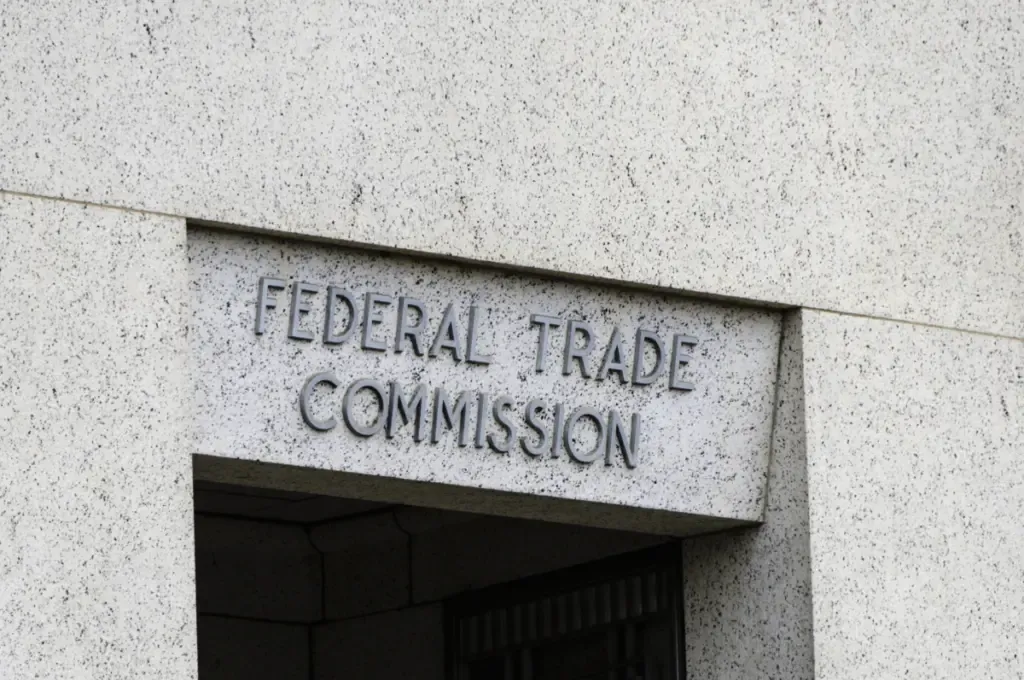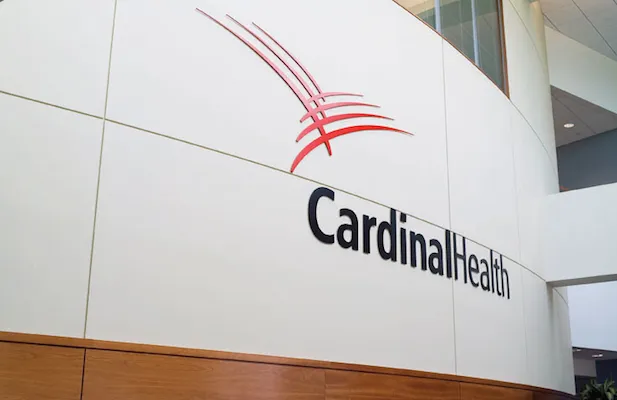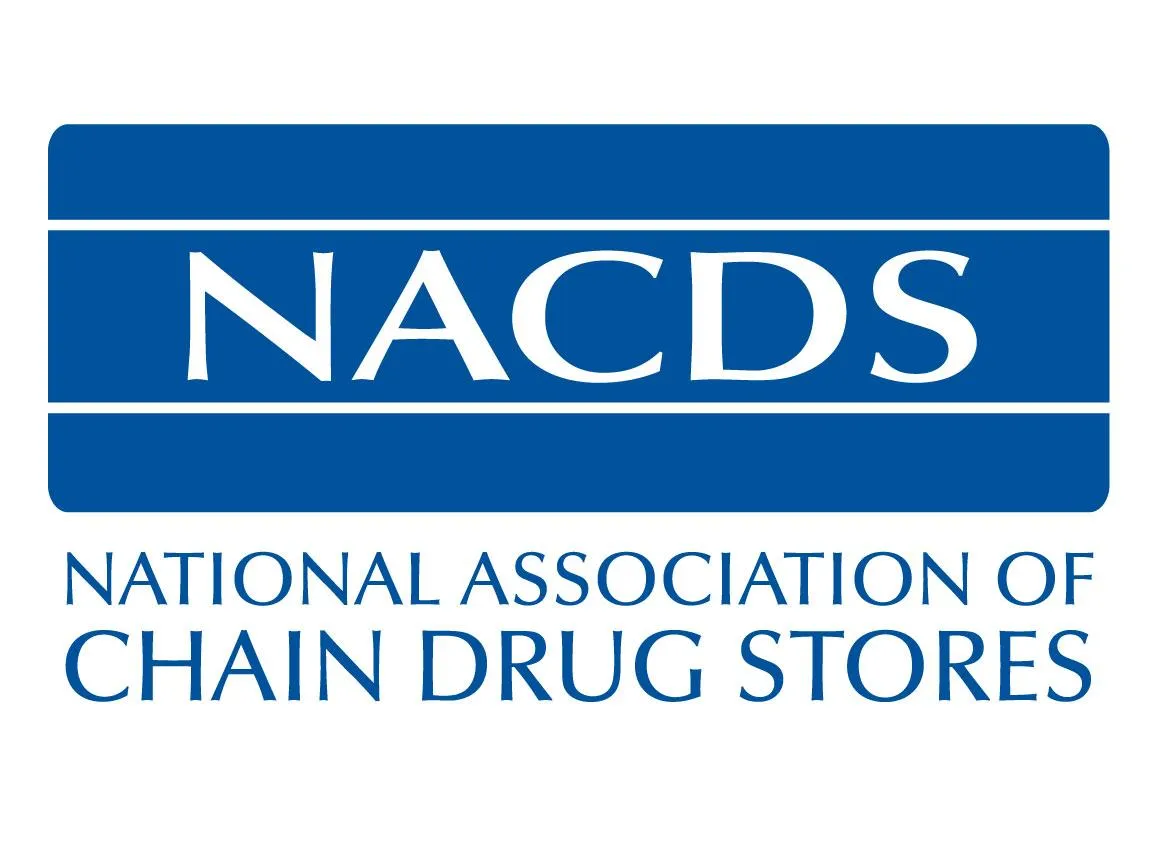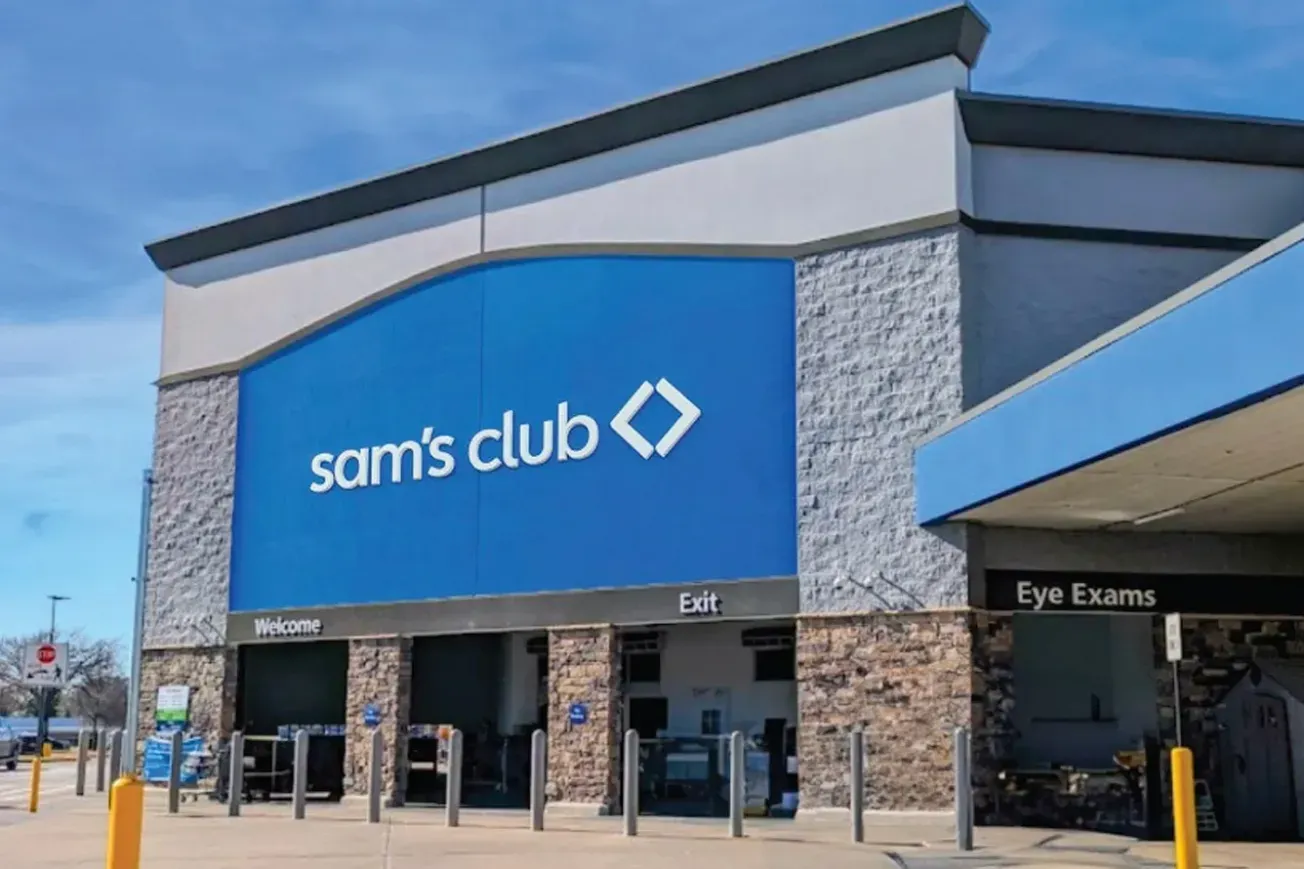Table of Contents
WASHINGTON — The Federal Trade Commission announced that it is suing Express Scripts, Caremark and Optum Rx, the three largest pharmacy benefit managers in the U.S., over their alleged role in inflating the cost of insulin.
The agency’s complaint filed Friday alleges CVS’ Caremark, Cigna’s Express Scripts and UnitedHealth’s Optum Rx steered patients toward higher priced insulin to bring in larger rebates from pharmaceutical manufacturers.
As a result, the list price of insulin rose and patients who weren’t eligible for discounted drugs faced higher costs, while the PBMs raked in billions of dollars in rebates, the FTC alleges.
The long-awaited lawsuit comes amid rising tensions between the drug supply chain middlemen and lawmakers and regulators looking to crack down on sky-high U.S. drug prices.
In a statement, Rahul Rao, the deputy director of the FTC’s Bureau of Competition, called Caremark, Express Scripts and Optum Rx “medication gatekeepers” that “extracted millions of dollars off the backs of patients who need life-saving medications.”
“The FTC’s administrative action seeks to put an end to the Big Three PBMs’ exploitative conduct,” Rao continued.
The lawsuit also includes the company’s group purchasing organizations. Emisar Pharma Services is owned by UnitedHealth, Ascent Health Services by Cigna and Zinc Health Services is controlled by CVS Health.
The National Grocers Association (NGA) commended the FTC for bringing the lawsuit. "Community pharmacies have been decimated by abusive PBM market practices that have left thousands of communities without access to life altering and lifesaving medications. This lawsuit is a significant first step to addressing drug rebate schemes that enrich PBMs while harming retail pharmacy competition.
In recent years, independent grocers have been forced to shut down or sell their pharmacy businesses due to the destructive influence of PBMs. The few still left in operation are generally unprofitable, with grocers bearing the financial burden of running pharmacies because of their steadfast commitment to the local communities that they serve.
NGA will continue to monitor this lawsuit as it moves forward and advocate on behalf of our independent grocers, who continue to be at the heart of our nation’s communities."







